If you’re a Hollywood movies fan, you must know a thing or two about Universal Studios. The award-winning motion-picture studio in Universal City, California, has graced the screens for decades, producing some of the best films in the world. Universal Studios boasts the reputation of the world’s fifth-oldest film studio and the oldest operating studio in its debut country.
But who owns Universal Studios? This company’s ownership sparks controversies among film enthusiasts globally, with speculations clouding this topic.
Unlike most big film production brands like Disney, Universal Studios doesn’t have namesake ownership. The company boasts a rich history of various owners, especially in recent years when it switched hands more frequently.
Read on to learn Universal Studios’ ownership history, including current owners and prospective sales.
The Previous Owners of Universal Studios
Here we’ll look at the ownership of Universal Studios over the years.
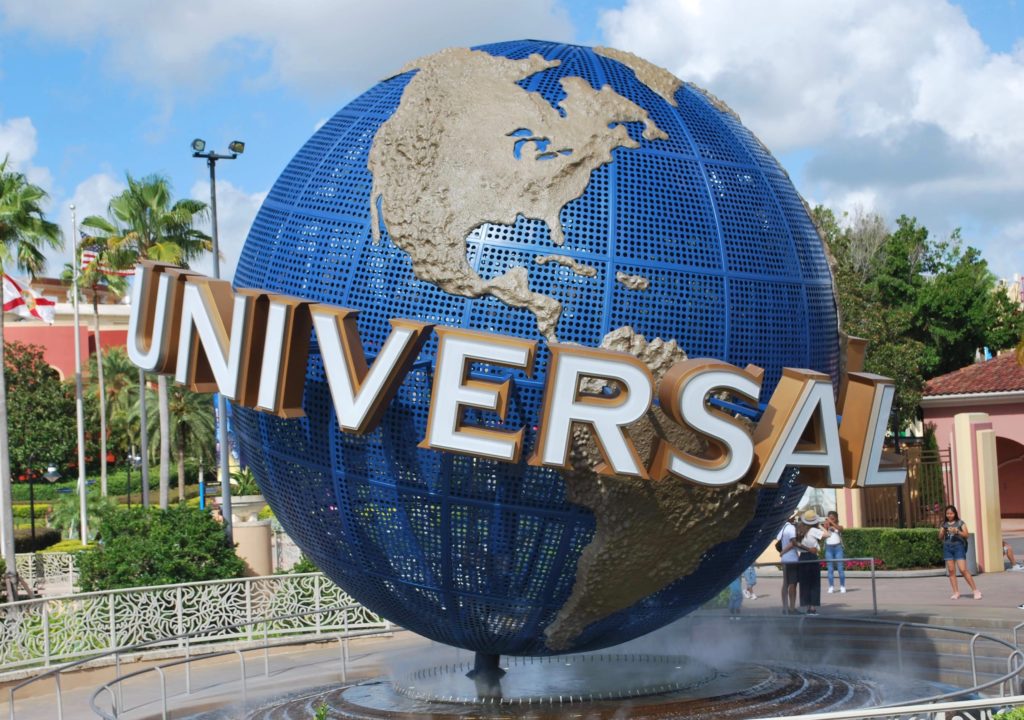
Founding Ownership
Universal Studios debuted in June 1912 in Chicago as Universal Film Manufacturing Company, a merger of various small companies, including:
- Champion Film Company
- Powers Motion Pictures
- Independent Moving Pictures (IMP)
- Rex Motion Picture Manufacturing Company
- Nestor Film Company
- New York Motion Picture
The company started as a dream of a few men, helmed by Carl Laemmle, a German-born US film producer, alongside other founding partners. These partners include Baumann, Brulatour, Kessel, Dintenfass, Powers, Swanson, and Horsley.
Later, Laemmle eventually bought the shares of his smaller company partners to become the sole owner of Universal Pictures. In 1915, he opened a 235-acre studio in California, which became the first headquarters of Universal pictures. Laemmle took a risk-averse approach to run Universal pictures at a time when film studios were sinking as they could no longer draw audiences into their theaters.
The company started as a vertically integrated entity, featuring film production, distribution, and exhibition venues under a single corporate body. Unlike other film studios, Universal Film Manufacturing Company shunned expanding and creating a theater chain and adopted a criterion of producing each film independently without incurring any debts. So, Universal didn’t deliver the best high-production pictures at this time.
The company still enjoyed a breakthrough in 2023, when its “The Hunchback of Notre Dame” film became a huge success. Two years later, the film studio also achieved a similar feat through “The Phantom of Opera,” a horror film released in 1925. This success is attributed to Irving Thalberg, Carl Laemmle’s secretary, who operated as the company’s studio chief.
Sadly, MGM ultimately acquired Thalberg, and the company went on to become a second-tier film studio, where it remained for a few decades. Also, the low performance of Universal Film Manufacturing Company resulted from Laemmle’s “clean” picture policy, which was uplifted in 1927 when the company discovered that “unclean” content made better sales.
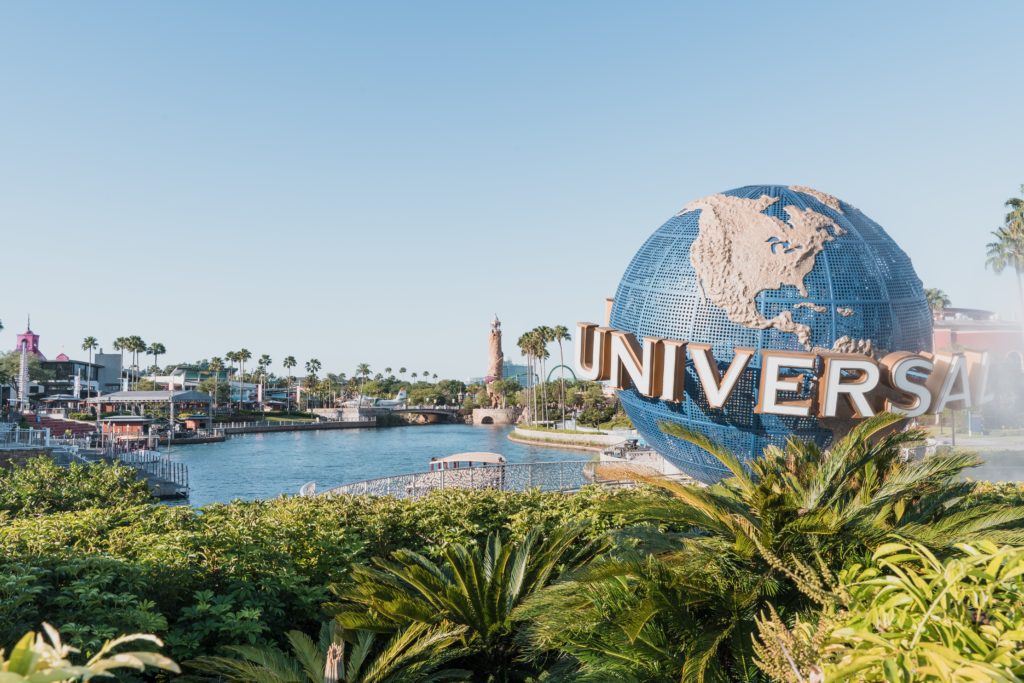
Carl Laemmle Exits
In 1928, Carl Laemmle exited the leadership of Universal Film Manufacturing Company. His son Carl Jr. became the head of the production of the film studio as his 21st birthday studio. Carl Jr.’s reign lasted between 1928 to 1936 and was one characterized by drastic changes that revolutionized Universal Studios.
He grew the company by establishing a theater chain, converting the studio to sound production, and undertaking several high-budget films, especially of the horror genre. With a string of popular horror productions in the 1940s, the company was dubbed popularly as Universal Horror. However, it was the splendid production budget of Universal Studios that became the downfall of Carl Jr.
Lacking his father’s restrictive policy, Carl Jr. had to borrow money to sustain his lavish film production. The loan from Standard Capital Corporation broke Universal’s 26-year record and resulted in a $300,000 expenditure over the budget. Standard took over the film production company, and the Laemmles’ exited from the company they founded.
After the takeover, John Cheever Cowdin, Standard Capital Corporation’s head, appointed himself the president and chair of Universal’s board of directors. Also, British entrepreneurs Charles Moss Woolf and Joseph Arthur Rank bought the company’s stakes. At this time, the film studio took a different production policy, operating with drastically reduced production budgets in subsequent film projects.
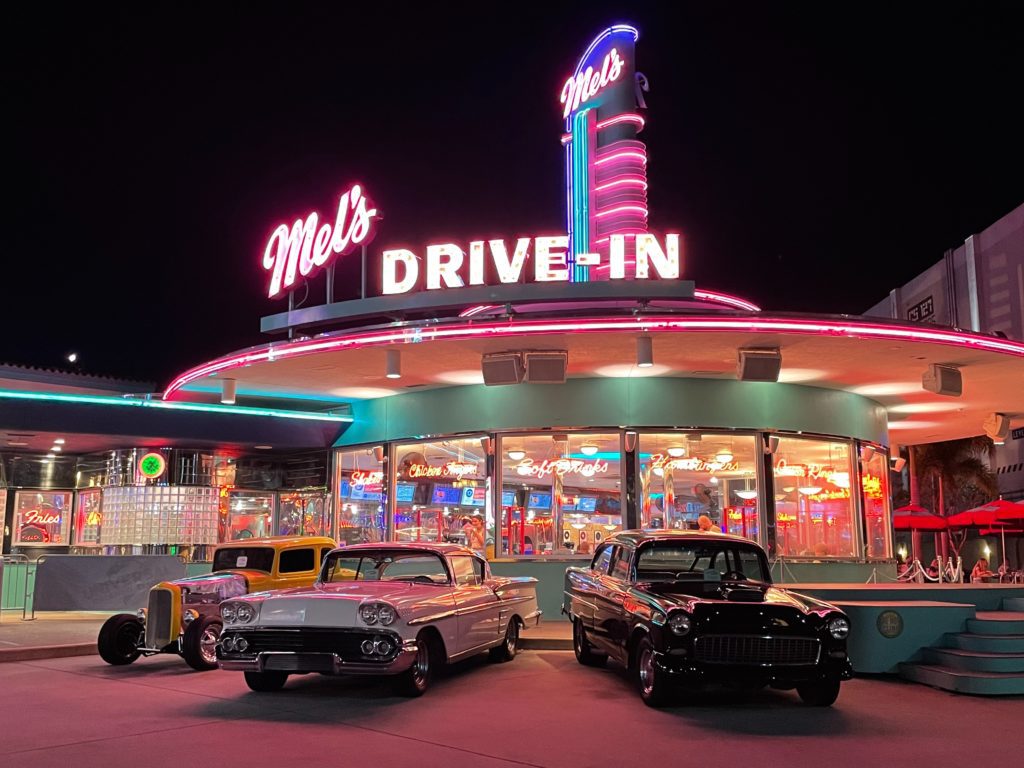
The Second Acquisition of Universal Studios
The British film magnate J. Arther Rank, the largest shareholder of Universal Pictures, got into a merger dubbed United World Pictures in 1945. This four-way merger included Universal, International Pictures, and Kenneth Young. The merger only lasted a one-year stint, after which a new merger launched in 1946, which saw the studio become Universal-International. William Goetz and Leo Spitz, the co-founders of International, were named the heads of the newly debuted studio.
The newly founded merger became a subsidiary of Universal Pictures Company, and Rank used Universal-International Pictures to distribute his British films. In 1947, the company purchased a controlling share of Castle films, a home-movie distributor, and eventually took over fully in 1951. But even with the tremendous expansion, Universal-international still had difficulty attracting audiences for its film productions.
As a result, Goetz and Spits exited the company and were replaced by Milton Rackmil of Decca Records. Milton’s company, Decca Records, completed the second acquisition of Universal and took over the company in 1952.
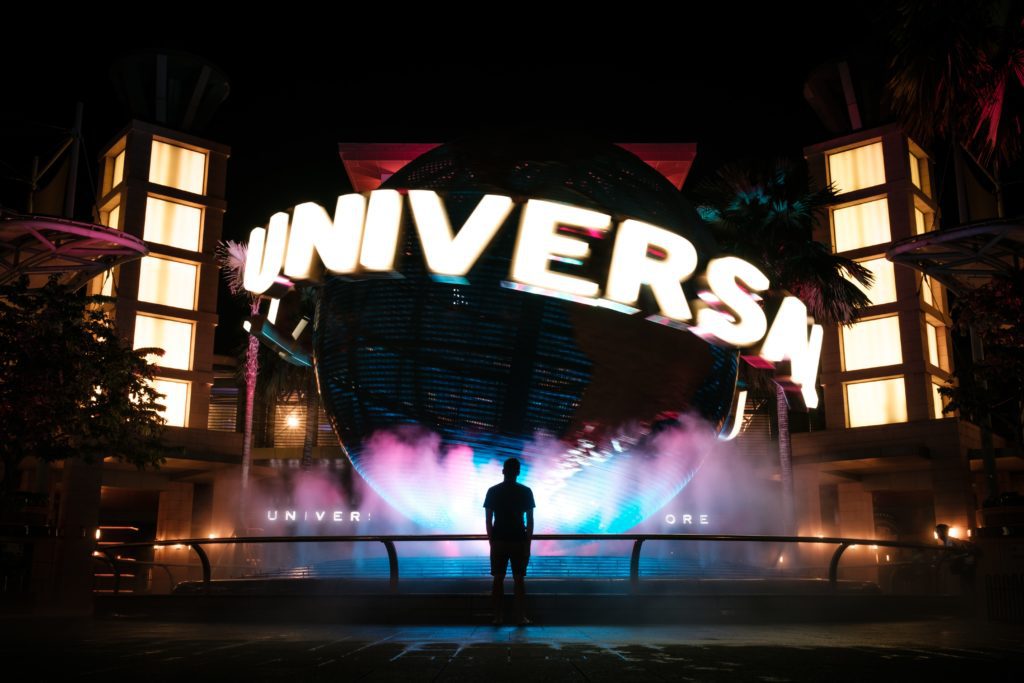
Subsequent Expansions and Takeovers
Here we look at the subsequent takeovers after the second acquisition.
Music Corporation of America (MCA) (1962)
Ten years after the Decca Records takeover, there was a change of guard in Universal, with MCA taking ownership in 1962. This new takeover fostered a massive revival of Universal, which was struggling financially. MCA led the modernization of Universal Studios and linked to prominent film directors like Alfred Hitchcock, whose work put Universal back on the map.
Matsushita Electric (1990)
In 1990, Matsushita Electric (now Panasonic) made a triumphal entry into Hollywood, following its compatriot Sony, which had swooped Columbia pictures in 1991. The $6.1bn Universal Studios takeover became the largest Japanese investment by an Asian company in the US film scene. At the time, Asian companies were touting the potential benefits of controlling hardware and electronic material.
However, despite the massive investments, the combination proved ineffective, as Matsushita Electronics sold an 80% stake in Universal Studios five years after taking over. The futile efforts by Mutushita stemmed from the vast cultural differences between the Japanese and US film and business industries.
Seagram (1995)
Seagram took over from Matsushita Electric in 1995 with an 80% (5.7 bn) stake acquisition. The Canadian drinks distributor was on a lucrative spending spree and became the latest in a successful series of buyers who saw Universal as the cornerstone of the entertainment industry. At the time, Seagram sought to expand into the intertreatment sector, which saw the company purchase PolyGram in 1999, among other entertainment businesses.
Vivendi Universal (2000)
Eventually, a French mass media powerhouse, Vivendi, bought Seagram in a three-way deal. After the merger, the new conglomerate changed the studio’s name to Vivendi Universal to announce its entrance into the entertainment scene. The merger also included Canal Plus, a big player in the European cable TV industry already co-owned by Vivendi.
General Electric Co.(2004)
Vivendi was saddled with a financial crisis amid corporate mismanagement and tried to offset debts by selling some of its properties after a series of costly purchases that yielded underwhelming revenues. General Electric Co. merged as the top bidder and took over an 80% stake in Vivendi Universal in 2004.
At this time, General Electric Co. also owned and controlled the NBC television network. However, the production subsidiary retained its Universal Studios Inc. legal name until 2011, when General Electric Co. bought the remaining shares from Vivendi. The acquisition formed a massive multinational media and entertainment conglomerate, NBCUniversal, that included Universal Pictures, Universal Studios Hollywood, Universal Studios Florida, and NBC television network.
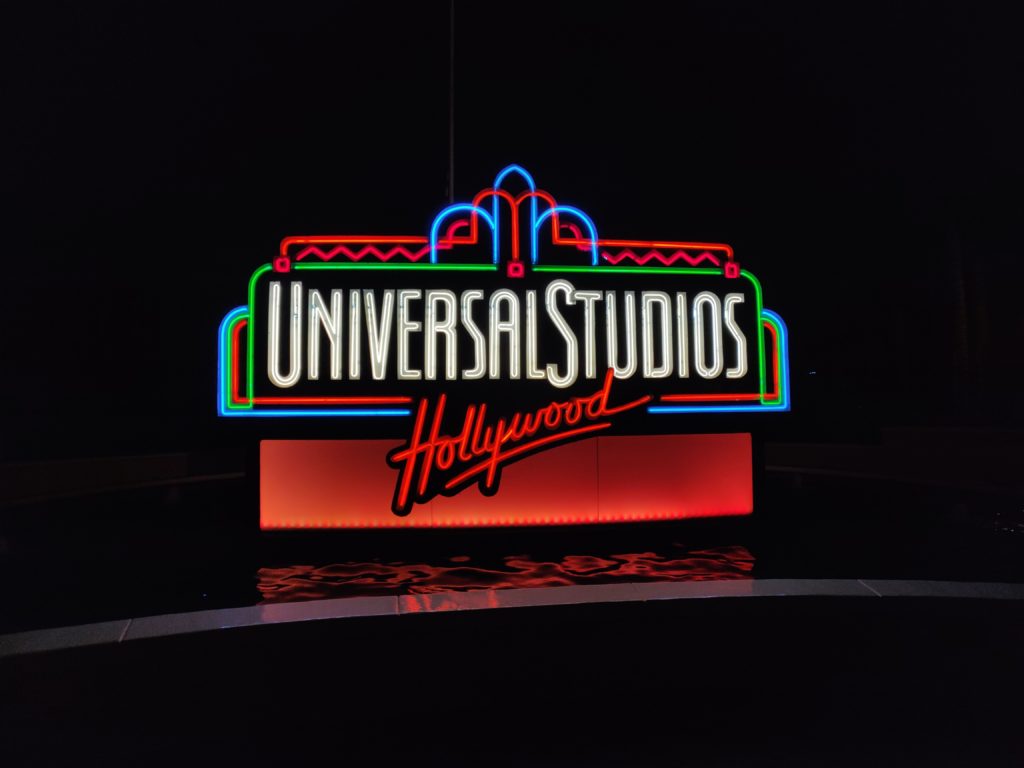
So, Who Owns Universal Studios?
The change of guard of Universal Studios didn’t culminate with General Electric Co. Another final acquisition kicked in 2011, when Comcast Corporation, a cable provider company, bought a 51% stake in NBCUniversal for $13.8 bn. Comcast went on to buy the remaining 49% stake in NBCUniversal in 2013 for $16.7bn.
Its management has subsequently evolved as it has purchased additional snazzy subsidiaries. After co-chairman Adam Fogelson was terminated, Donna Langley became Universal Pictures’ sole chairperson the following year. Jeff Shell, formerly the Chairman of NBCUniversal International, was named Chairman of the newly formed Filmed Entertainment Group. Ron Meyer was named NBCUniversal’s Vice Chairman while still running Universal Parks & Resorts.
However, while Comcast Corporation owns Universal, Universal Studios still controls film production. This explains why you’ll see Universal Studios instead of Comcast on the credits of the company’s movies. Universal is a staple player in the global film production and distribution scene. It has also acquired other exciting entertainment properties, most notably DreamWorks in 2016, becoming an entertainment behemoth.
Any Prospective Sales?
No. Comcast Corporation has broken the trend of frequent Universal Studios takeovers. Presently, Universal is not for sale. The company seems to be delighted with its Universal acquisition and has made significant investments in the expansion of theme parks and film production studios.
Wind Up
Universal Studios has been owned by a range of firms and organizations, all of which contributed to the growth of the company’s film production and distribution industry that Laemmle envisioned when he started this company. Although Universal has had several owners throughout the years, it has continued to create fantastic films and myriad horror flicks to win avid fans globally.
More about our TFVG Author
A seasoned traveller, Dad, and avid sports tourist, James foundered The Family Vacation Guide to share his expert vacation experiences- especially when it comes to being a travelling family man.
Featured in Travel articles such as Travel + Leisure, TripSavvy and SFGate, you know you're reading some of the best vacation tips online.





